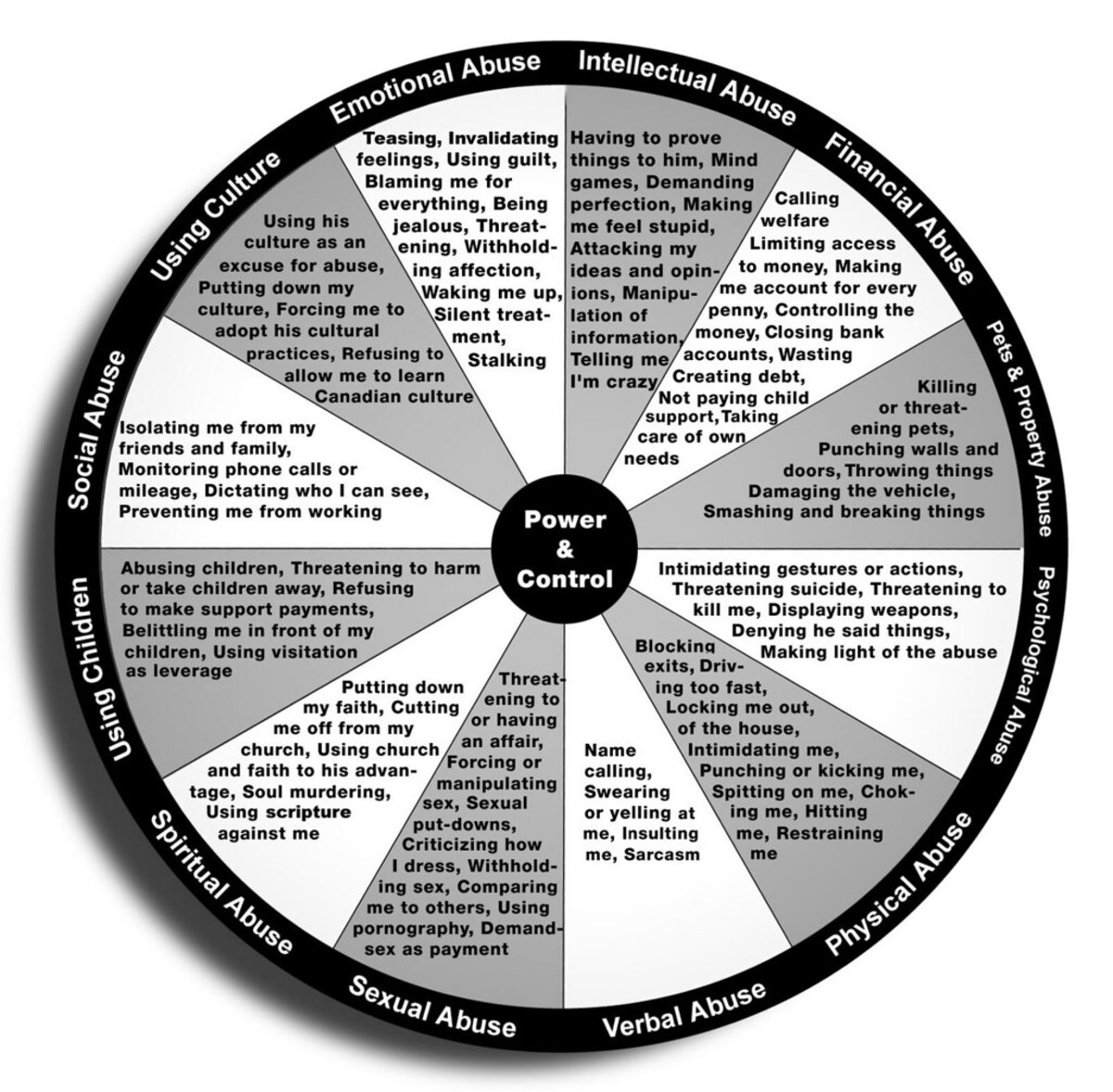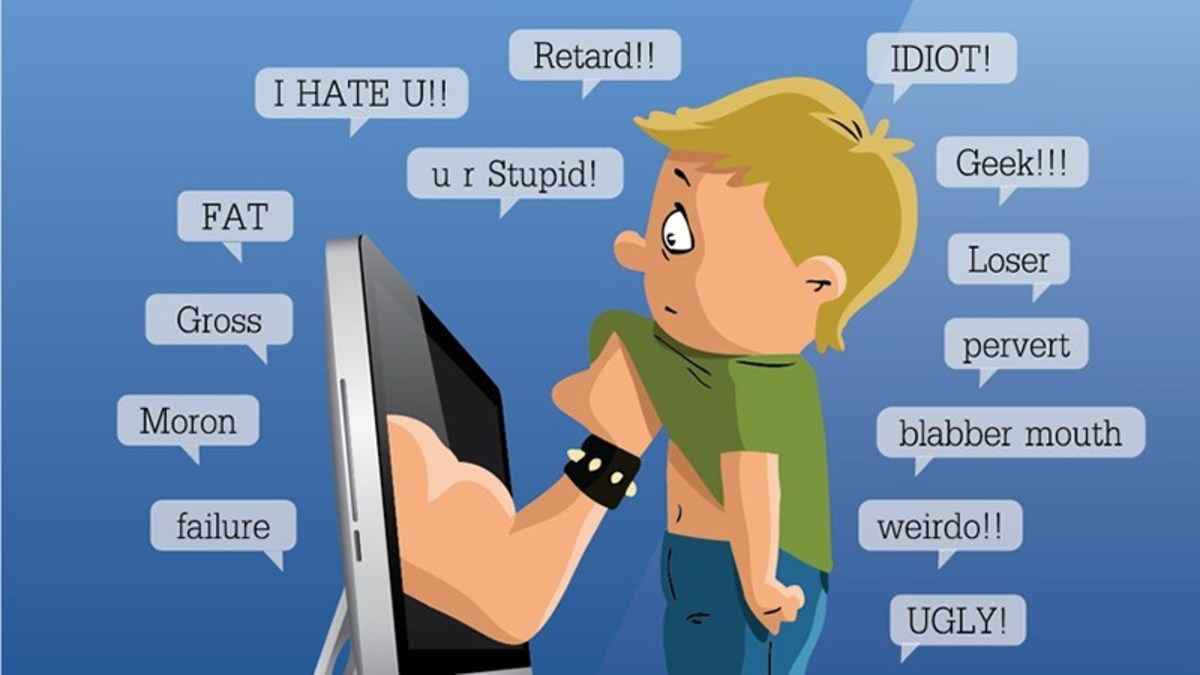What No One Wants to Talk About: Domestic Abuse and Men
Introduction
Domestic violence is a term that brings brings out the worst in us. Anger, sadness, frustration, horror; there's no doubt that domestic abuse has had a long, dark history with humanity. From victims being treated as nothing more than property, to the perpetuation of sexually transmitted disease, poverty, and psychological torments, domestic violence is an issue that doesn't discriminate against anyone, and has led to the loss of many lives.
But what's more troubling is how prevalent domestic violence is. In a study done by Domestic Violence Statistics, a woman is assaulted every 9 seconds. The same organization found that domestic violence is the leading cause of injury in women, and an estimated 10 million children are domestically abused. U.S News reports similarly morbid numbers. While domestic violence has been on the rise, many incidents still go unnoticed. Famous figures like Chris Brown had been implicated for domestic abuse, but even so, little attention is given to the victims. If anything, we'd rather see the abuser be punished than the victim comforted.
But what's bizarre about this picture is the fact that only women have been at the heart of the issue. Whenever we hear of a domestic violence case, we often think of the woman being the victim. The American public will often come to the woman's defense, endeavoring to do all they can to both ostracize and shame the perceived abuser, who is responsible for her pain. Law enforcement, politicians, doctors, lawyers, even strangers come to the defense of the woman's aid. And in many cases, the victim's abuser is, in fact, a man.
But what about men? When they get abused, who do they turn to?

How They're Abused
As I've said before, domestic abuse can happen to everyone. This abuse often takes place in many forms, whether it be physical, sexually, emotional, or even financial. However, whenever we talk about this abuse, only women, and occasionally children, come to mind. Never men.
It's surprising, considering how prevalent it is. In an article published by Huffingtonpost, approximately 25% of men will be victims of domestic violence at least once. That means that for every 38 seconds, one man is domestically abused, whether it be intimately, or domestically. But despite that, many people just don't understand how men could be abused by their own partners, much less their female spouses.
Symptoms for domestic violence in men are the same as most people. For example, they may experience agitation and anxiety. They may feel hopelessness overcoming them, as well as the fear that they may not be able to protect either themselves or their loved ones. They may even feel responsible for the abuse, that they brought it upon themselves somehow. What's more, physical symptoms may also manifest, such as headaches, chronic pain, and insomnia.
Even so, how do women abuse their male counterparts? While women are often considered to be weaker than men, this often isn't the case, and because of these perceptions, they don't prevent physical abuse. What's more, abusive women often attack their male partners emotionally and mentally. They berate and degrade them, as well as isolate them from friends and family. They may blackmail men, and take advantage of their confusion to place all the fault on them. If the man is in a homosexual relationship, the abuser may threaten to oust them in front of people they're uncomfortable with.
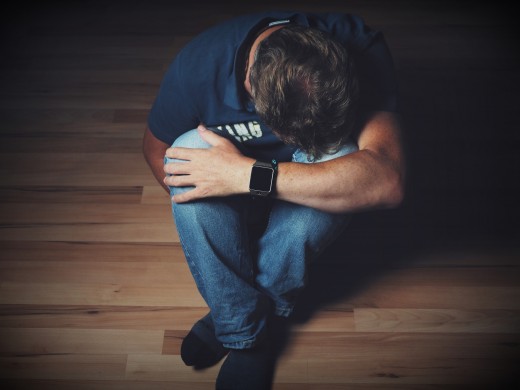
How We Encourage It
As a society, we tend to associate women with being the weaker sex. We listen to radical feminists, who advocate for the protection of women and try to defend their actions. Even when a woman is abusing her spouse, we take her side because not a lot of people can see the woman as having power over her man. For example, take law enforcement. Police don't view a women as aggressors; this is especially the case when a woman claims they're only defending themselves. Many domestic violence shelters only cater to women and not men, and when men try to come to other professionals for help, they may simply tell him to "man up", or even deal with it.
Traditional gender roles and sexism also play a role in shaping our assumptions. Many religions place men in leadership roles, so it's hard to imagine a woman abusing someone who's supposed to be superior. These traditional stereotypes, such as men supposedly being stronger, more emotionally stable, more capable, so much so that when it comes to having a dispute with his partner, he can handle it, cause abuse to slip through our eyes. It has forced a social stigma against men who confess that they're abused.
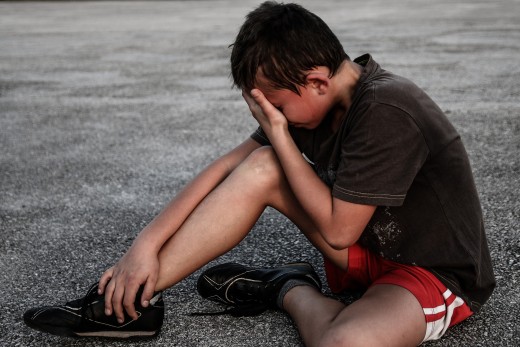
Why This Is a Problem
Of course, because this topic centers around domestic abuse, there are many disorders that can reduce the quality of life in victims. However, because of the social stigma centered around men concerning domestic abuse, they may also have a stronger sense of shame. Because of this, they're less likely to report their abusers.
Domestic violence is also particularly infamous for introducing a host of mental illnesses that can affect the victim's life. From depression, to anxiety, to low self-esteem, domestic abuse can often have a powerful hold on its victims. This is more of a problem when the victim has children who witness the abuse. Domestic abuse has an incredibly powerful effect on children, and promotes an environment of fear and isolation within the home. The child, alongside the man, may suffer from an extraordinary amount of mental health issues, all of which can lead to further co-morbid disorders, such as substance abuse, in the future.
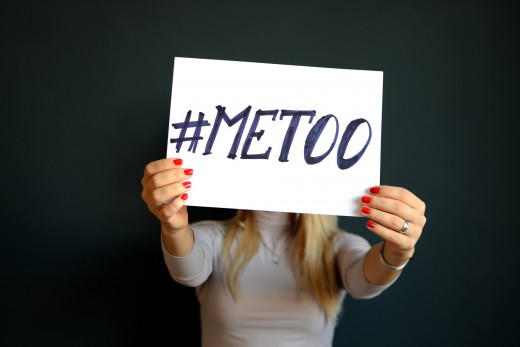
What We Can Do About It
Of course, there are already movements that have started to pay more attention to these issues. The Mayo Clinic has published a list of symptoms found in domestically abused men. #MeToo is a movement dedicating to shedding a light on sexual assault, and in this movement, many men have shared horrific stories during a time when they were abused. More and more shelters, such as The Family Place and The National Domestic Abuse Hotline, and even projects like loveisrespect, continues to shed light on the simple fact that both men and women are susceptible to violence. Many police officers are beginning to understand the effects of domestic abuse on both genders, and are beginning to take action against the violence.
Despite this, more action needs to be taken. We must encourage both men and women to speak out against abuse, and to help them understand that they are worth more than what their abuser tells them to be. What's more, however difficult it may be, we have to disregard our gender biases, whether we know them or not. By doing this, we're able to confront domestic violence in both genders properly, as well as get both the support they need.
More often than not, one of the ways you can do this is by reading more about the situation. You can learn more about domestic abuse and men here.



